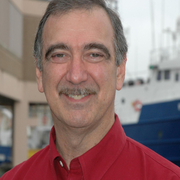FACULTY
In addition to facilitating the research activities of state and federal personnel, university and college faculty, and non-profit organizations, LUMCON supports faculty based at the DeFelice Marine Center and at the Houma Maritime Campus.
FACULTY
Dr. Stephanie Archer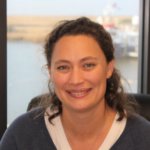
Assistant Professor
sarcher@lumcon.edu
985-851-2800
Interests: Ecology of biogenic habitats, food web ecology, soundscape ecology, and how human activities impact the structure, function, and provisioning of services in marine ecosystems
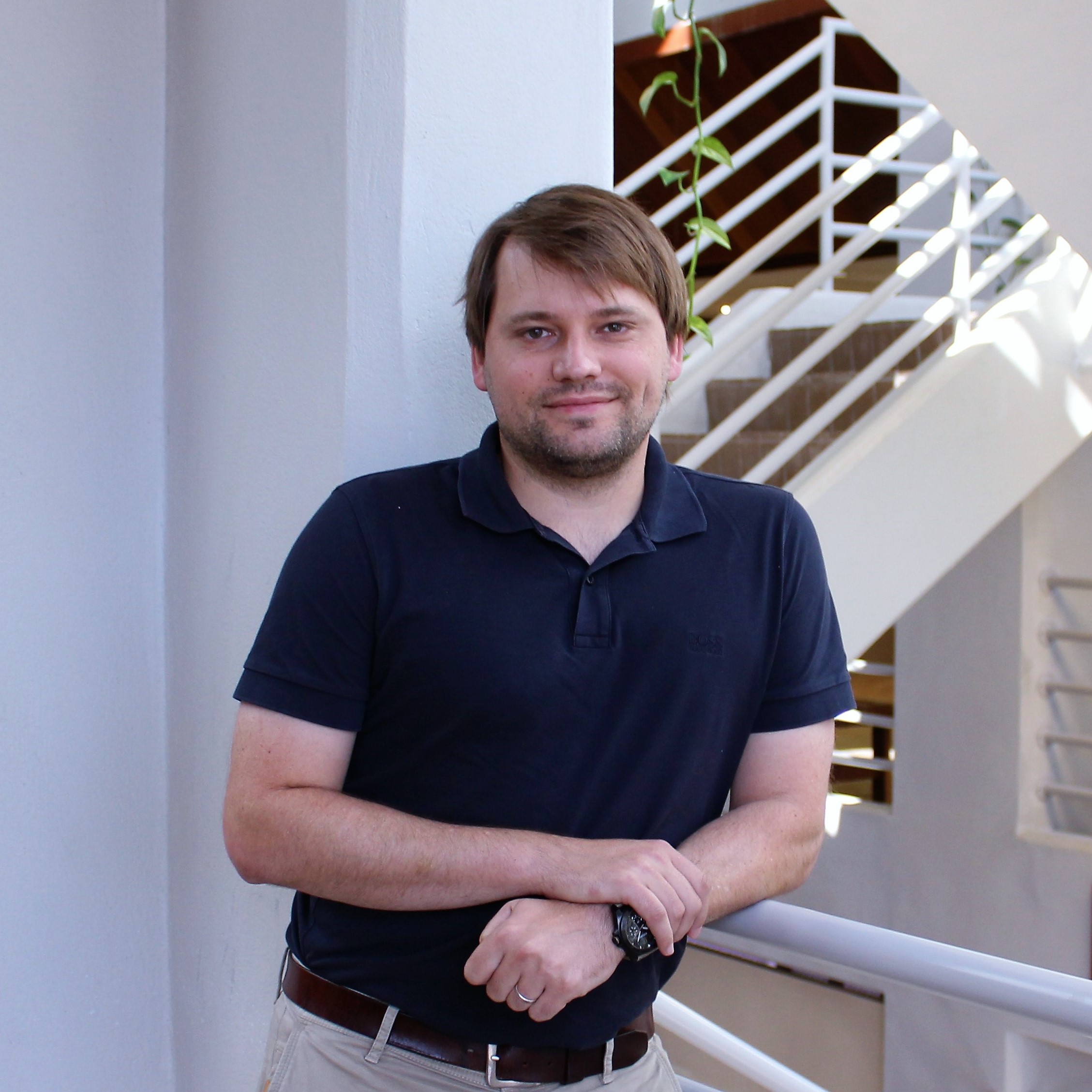 Dr. Marshall Bowles
Dr. Marshall Bowles
Assistant Professor
mbowles@lumcon.edu
985-851-2819
Interests: geomicrobiology and microbial ecology, especially understanding how microbial communities function and influence geochemical cycles in the coastal and open ocean.
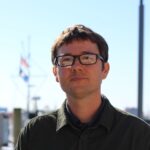 Dr. Kevin Du Clos
Dr. Kevin Du Clos
Assistant Professor
kduclos@lumcon.edu
Interests: Interests: biological oceanography, marine biomechanics and biofluids, effects of individual scale behavior on carbon and nutrient cycling.
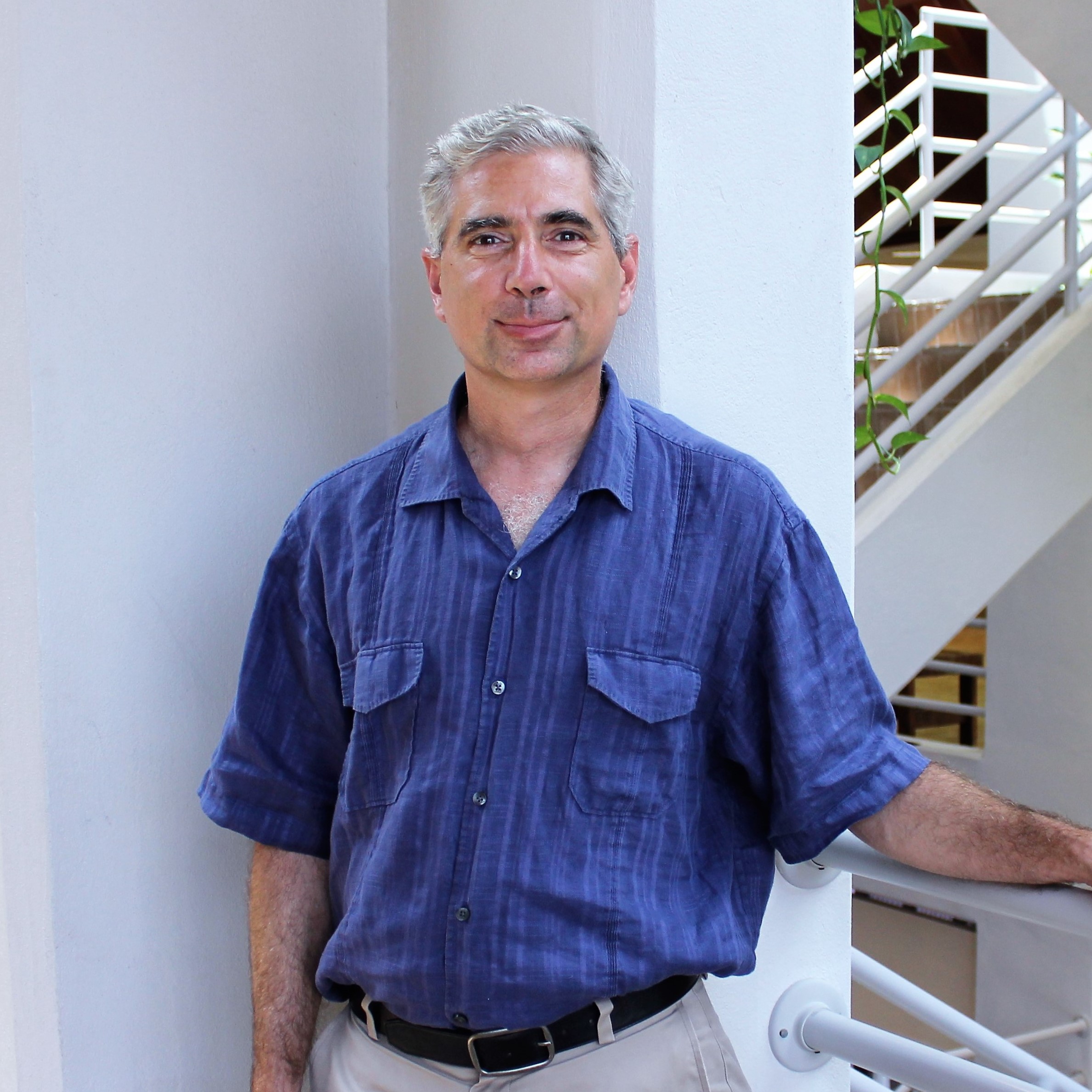 Dr. Alex Kolker
Dr. Alex Kolker
Associate Professor
akolker@lumcon.edu
985-851-2837
Interests: geological oceanography, impacts of climate change, sediment dynamics in the coastal zone, groundwater flow in river deltas, coastal restoration.
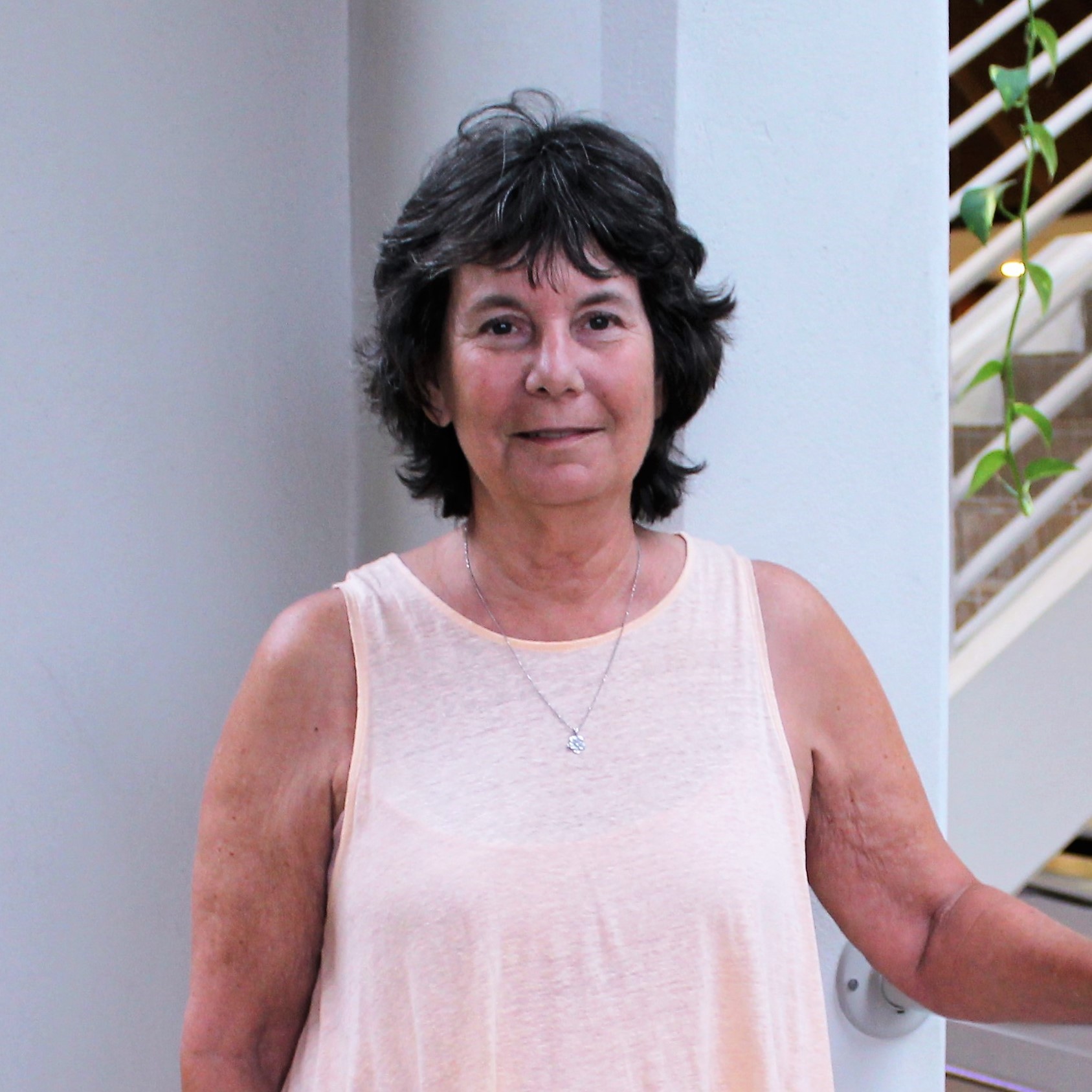 Dr. Nancy Rabalais
Dr. Nancy Rabalais
Distinguished Research Professor
nrabalais@lumcon.edu
985-851-2836
Interests: biological oceanography, continental shelf ecosystems influenced by large rivers, benthic ecology, distribution and dynamics of hypoxia, eutrophication, environmental effects of habitat alterations, and integration of science and policy.
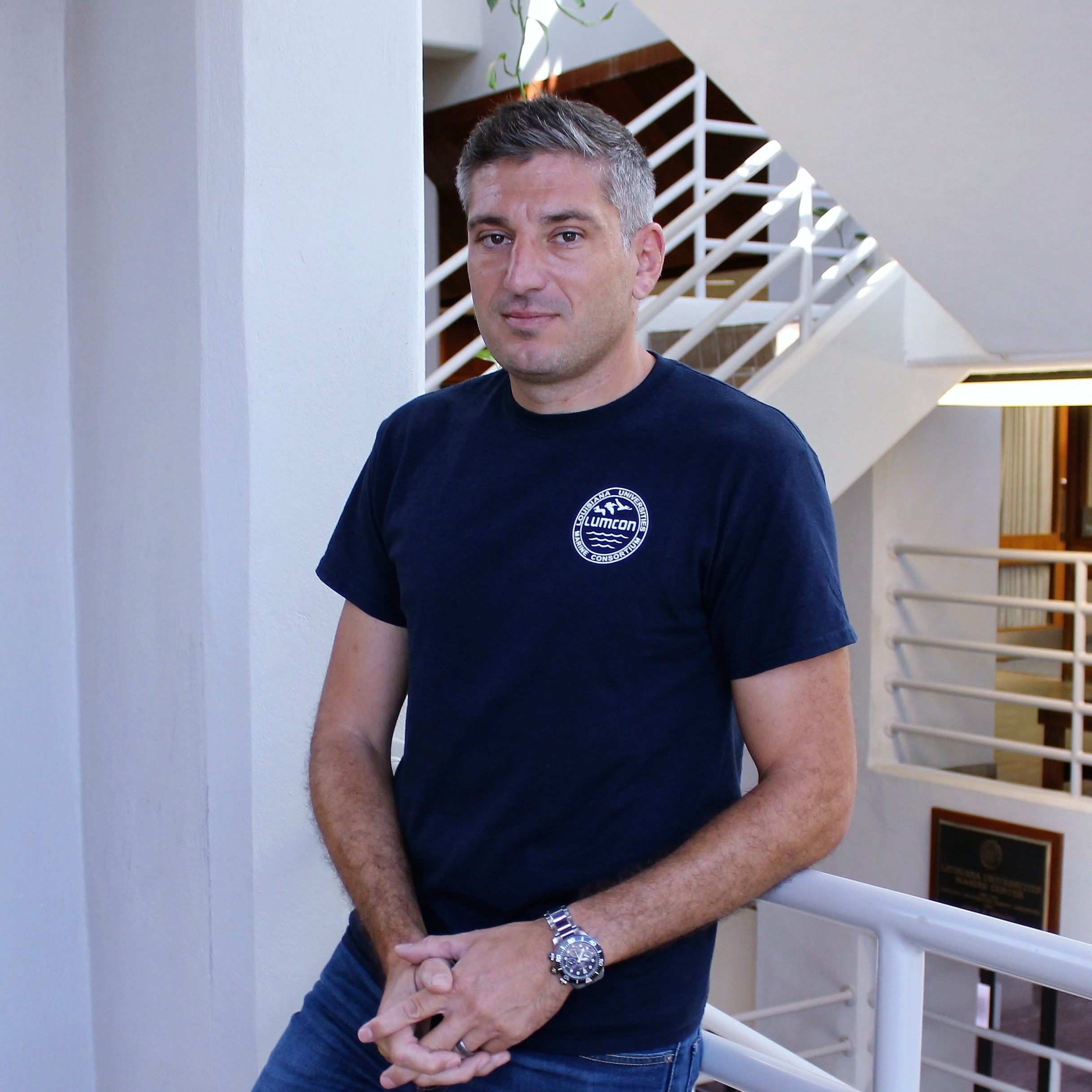 Dr. Guillaume Rieucau
Dr. Guillaume Rieucau
Assistant Professor
grieucau@lumcon.edu
985-223-7421
Interests: fish ecology and behavior, especially understanding how predation, environmental conditions, anthropogenic disturbances, and fisheries affect the behavior of fish species in marine and estuarine ecosystems.
 Dr. Brian Roberts
Dr. Brian Roberts
Executive Director and Chief/Associate Professor/REU Program Director
broberts@lumcon.edu
985-851-2821
Interests: ecosystem ecology and biogeochemistry; broad focus on how human activities influence the ability of ecosystems to retain and transform carbon, nutrients, and energy and how restoration activities may help ameliorate some of these impacts.

